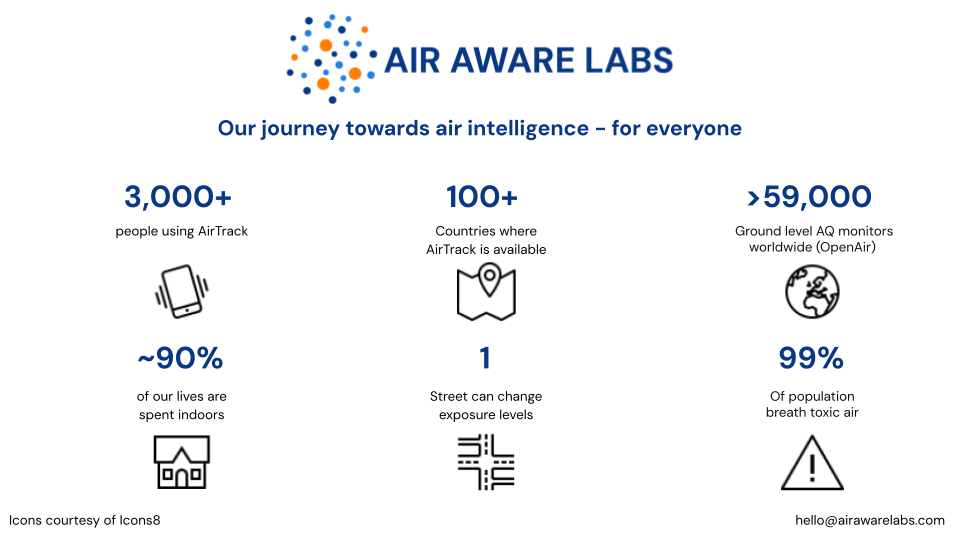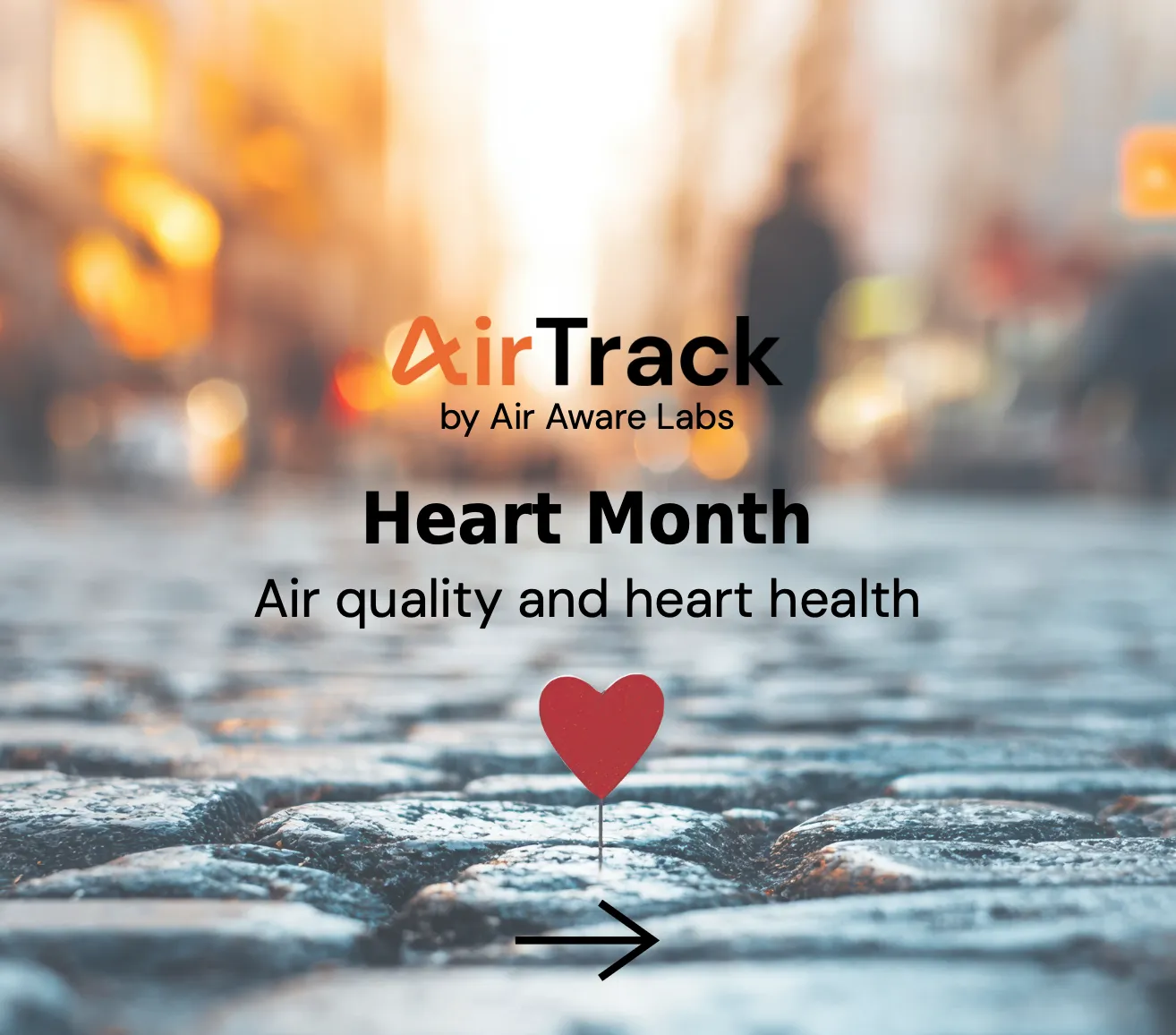Hay fever and air pollution

That familiar tickle in your nose, the escalating waves of sneezing, the relentless itch in your eyes… If spring in 2025 feels less like a season of joy and more like an allergy battlefield, you’re far from alone. Hay fever sufferers around the world are facing an increasingly challenging reality. Recent "pollen bombs," coupled with the ever-present issue of air pollution, have created a perfect storm, intensifying and prolonging the impact for millions.
Hay fever (allergic rhinitis) affects between 10% and 30% of all adults around the world, including over 16 million people in the UK each year, and these numbers are on a concerning upward trend. A significant reason behind this surge and the increased severity of symptoms is air pollution and climate change, which are making hay fever more intense, more prolonged, and more difficult to manage.
At its core, hay fever is an allergic reaction triggered when our immune system overreacts to airborne particles such as pollen released by grasses, trees, and weeds. This response can result in a range of uncomfortable symptoms, from runny noses and itchy eyes to fatigue and breathing difficulties, often disrupting daily life during peak seasons.
A toxic partnership
There’s a toxic partnership between pollen and air pollution that exacerbates allergic responses. Particulate matter (PM2.5), for example, can act as a sticky carrier for pollen in the atmosphere. When pollen grains are coated in PM2.5, they can provoke a much stronger immune response than pollen alone.
Pollution particles can also fragment pollen grains, altering their shape and structure. These smaller fragments can penetrate deeper into the lungs, reaching parts of the respiratory system that larger grains typically can't. This deeper invasion often leads to more severe and widespread respiratory symptoms.
In addition, air pollutants like nitrogen dioxide (NO₂) and ozone (O₃) impair the body’s natural ability to clear allergens from the airways. This makes symptoms worse and causes them to linger longer, stretching out the discomfort well beyond high pollen days.
A 2023 study from the University of Manchester found a striking difference in hay fever severity between urban and rural populations. Urban dwellers reported worse hay fever symptoms, even when rural areas had higher measured pollen counts, highlighting the compounding effects of pollution.
What can we do?
While some cities are taking proactive steps to reduce emissions, pollen-sensitive urban planning remains rare, despite the sharp rise in allergy-related health complaints.
In Islamabad, for instance, the seasonal spike in paper mulberry pollen continues to pose hay fever challenges to the local population. In response, authorities have committed to cutting down over 100,000 mulberry trees across the city and replacing them with indigenous, low-allergen species as part of a long-term reforestation strategy.
Tokyo faces a similar issue with widespread cedar pollen allergies. In 2023, the Japanese government announced an ambitious plan to reduce pollen emissions by 20% within a decade, and by 50% over the next 30 years, by replacing large areas of cedar forest with non-allergenic alternatives.
At Air Aware Labs, we’re working to empower individuals, because while you might not be able to control what trees your city plants, you can control how much exposure you face. Our AirTrack mobile app already helps users mitigate their exposure to air pollution, and we’re developing pollen-tracking features to help you better understand and reduce your personal risk. From smarter route planning to real-time alerts, our app is designed to help you take back control of your health.
What can you do?
Do you suffer from hay fever or know someone who does? Put AirTrack through a challenge and let us know if your symptoms get better when choosing cleaner air routes. Please send us an email at hello@airawarelabs.com!
Join us in our mission to make personalised environmental health data available to everyone, so allergy season doesn’t define your wellbeing.


.svg)











